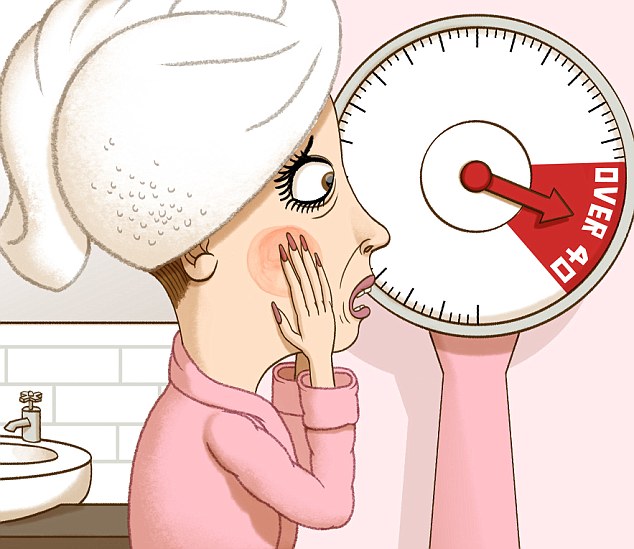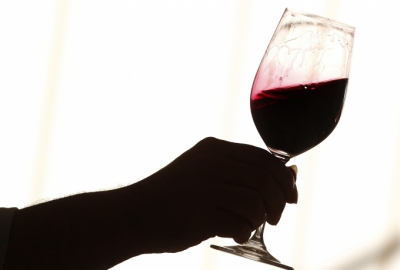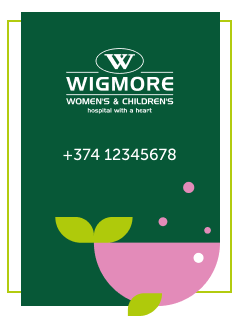After 40, the rules of self-care change. You need to embrace this and re-evaluate your lifestyle.
Your reproductive system, libido, body composition, moods, skin and hair all change in preparation for the next 40 years of life. A 40-year-old woman has a very different body to the one she had ten years earlier.
A woman’s metabolism declines at the rate of at least 5 per cent per decade of life, starting at the age of 20, due to the natural loss of muscle mass that comes with age. The less muscle mass you have, the fewer calories your body is able to burn.
At the age of 20, you may have required 2,000 calories a day, but by 45 you could require 300 fewer calories a day. If you continue to consume those extra calories, you will gain 1lb every 12 days or about 30lb per year.
While exercise and careful eating can minimise this effect, they don’t completely erase it.
Much of the fat gained during this time will accumulate around the waist. I call it Stress Fat since it is the main source of fat that gives you energy to fight or take flight during stressful situations. Too much is dangerous since it places a woman at risk of heart disease, high-blood pressure, high cholesterol, stroke, diabetes and cancer.
You may be tempted to resort to extreme calorie restriction to make up for this loss of calorie-burning metabolism. Don’t. Calorie restriction depresses the metabolism further.
A healthy body starts with a healthy mind. It’s not about squeezing into a size six or trying to lose 20lb before your daughter’s wedding. I always tell my patients that ‘fit’ looks and feels better than ‘thin’.
Over-eating in the late afternoon and evening is one of the biggest culprits behind stress-induced weight gain in women over 40. I call the hours between 3pm and midnight the Corti-Zone — the time when levels of the stress hormone cortisol plummet, and mindless, unfocused, stress-driven eating dominates.
Rather than accepting this, most people fight it. Desperately seeking energy, they gulp coffee and eat sugary foods in the hope of boosting energy levels.
Once stress eating has started, it sets up a mindset of hopelessness and continued eating. Instead, plan and be realistic. If you know the day is going to be tough, arm yourself with a healthy daily eating plan as well as stress-reducing solutions.
Portion sizes are easier to measure than calories and, in my opinion, more important because declining metabolisms mean women over 40 should eat less.
In the morning, try measuring out your breakfast cereal serving as dictated by the food label on the carton. It may appear small, but memorise it. This is what a serving looks like.
You can also try using a smaller sized bowl or plate than normal. This will make it difficult to over-eat.
Over 40, I believe you need to do at least 45 minutes of aerobic physical activity five or six times a week and 30 minutes of strength training twice a week.
Training with weights stimulates muscles to activate all the body’s other systems (endocrine, cardio-vascular), which then adapt and grow stronger to support your stronger muscles.
Many women don’t have a block of time every morning or evening to fit in a workout, but accruing exercise throughout the day is just as beneficial. It can be as simple as a brisk walk outside or on a treadmill, cycling, swimming or lifting light weights.

















